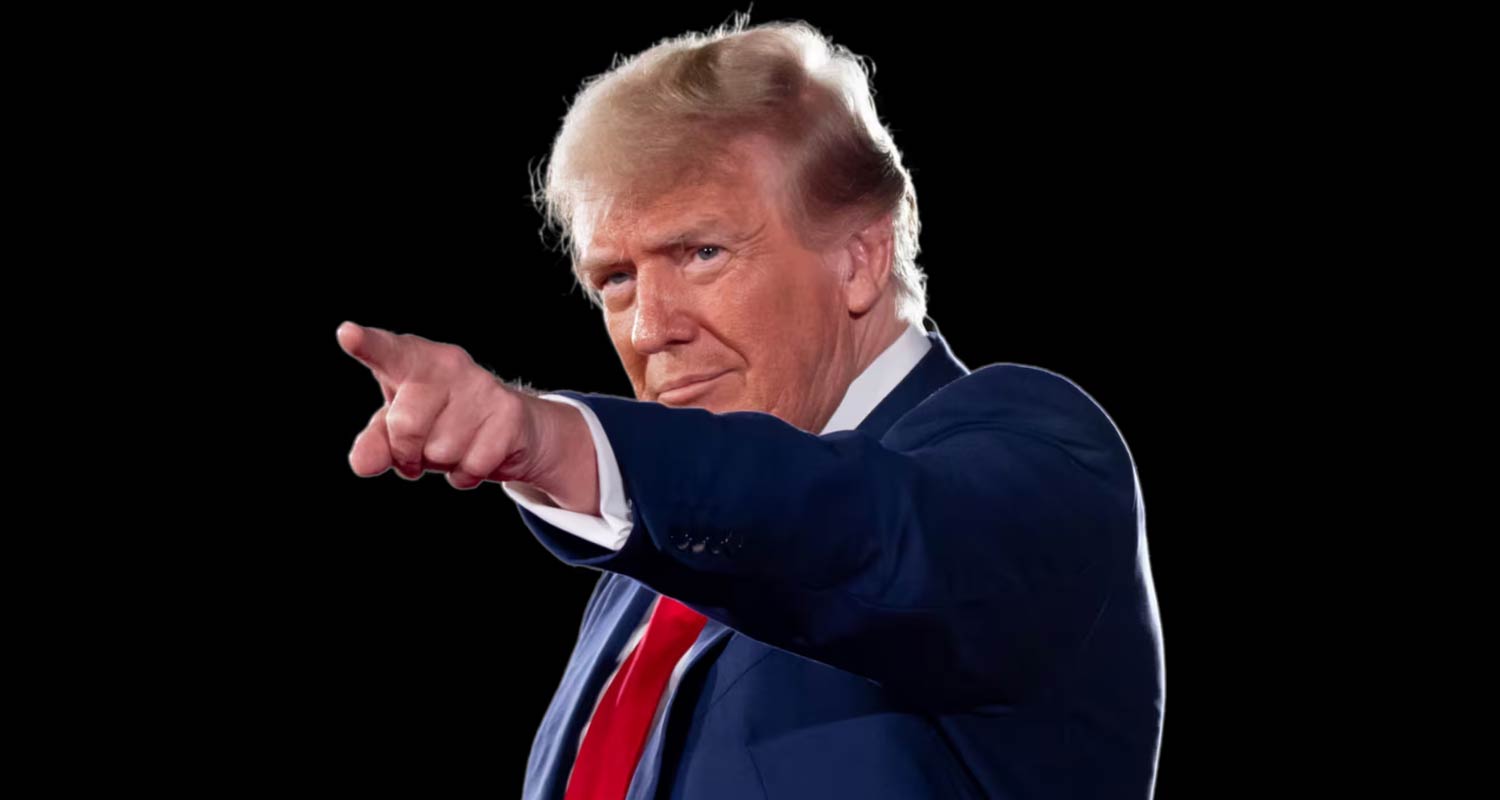Motoring industry body Naamsa is investigating the impact of US President Donald Trump’s Wednesday announcement that all foreign-made vehicles and car parts will now be subjected to a 25% tariff.
This is has raised serious questions about the Africa Growth and Opportunities Act (Agoa), which affords South African goods duty-free access to the US. Agoa is set to expire in September, with a possibility for extension.
The US is the second largest market for South African vehicle exports after Germany. But rising political tensions between South Africa and the US have made the renewal of Agoa less likely as the two countries continue to butt heads over South Africa’s foreign and domestic policies.
“We are currently engaging with our members and other key stakeholders, including government authorities and trade partners, to determine whether Agoa preferences remain unaffected by the latest proclamation,” Naamsa, which is also known as the Automotive Business Council, said in a statement on Thursday.
The association said South Africa’s automotive industry has built a strong export relationship with the US, particularly in the supply of light vehicles and automotive components. Any potential disruption, such as a drastic hike in tariffs, threatens to disrupt trade flows and will have a negative impact on South Africa’s competitiveness as a global automotive manufacturing hub.
Trump’s tariff announcement this week followed the expulsion of former South African ambassador to the US, Ebrahim Rasool, who was declared persona non grata by the US government after he made critical remarks about the US president. Shortly afterwards, the US nominated Leo Brent Bozell III, a conservative activist and writer, as ambassador to South Africa.
‘Serious changes’
Tensions between the South Africa and the Trump administration have been strained for several reasons, including South Africa’s “closeness” to Russia and a decision to take Israel to the International Court of Justice, where it accused Israel of committing genocide against the Palestinian people in the Gaza Strip.
“If you’re getting free trade benefits from the US but then you go to the International Court of Justice and you attack a key American ally under attack from terrorists, well then maybe you shouldn’t have those benefits,” Joel Pollack, a South African-born American political commentator, said in a February interview with the SABC. Pollack had been vying for the ambassadorial job that went to Bozell.
Read: Trump tariff threat: what it means for South Africa’s tech sector
“Agoa is not dead, it is going to be renegotiated and, if South Africa is going to benefit from it, it is going to have to make some serious changes to its foreign and domestic policies,” said Pollack.
Earlier this month, Trump signed an executive order halting, with immediate effect, all foreign aid to South Africa based on accusations by right-wing groups AfriForum and Solidarity that the South African government was expropriating land from white Afrikaners.

Trump then followed up with an announcement that the US refugee system would give priority to Afrikaner “victims of unjust racial discrimination”.
These tensions come at the same time that Trump’s head of government efficiency, South African-born Elon Musk, continues negotiations with communications regulator Icasa for his satellite company Starlink to be allowed to operate in South Africa. – © 2025 NewsCentral Media
Get breaking news from TechCentral on WhatsApp. Sign up here.

